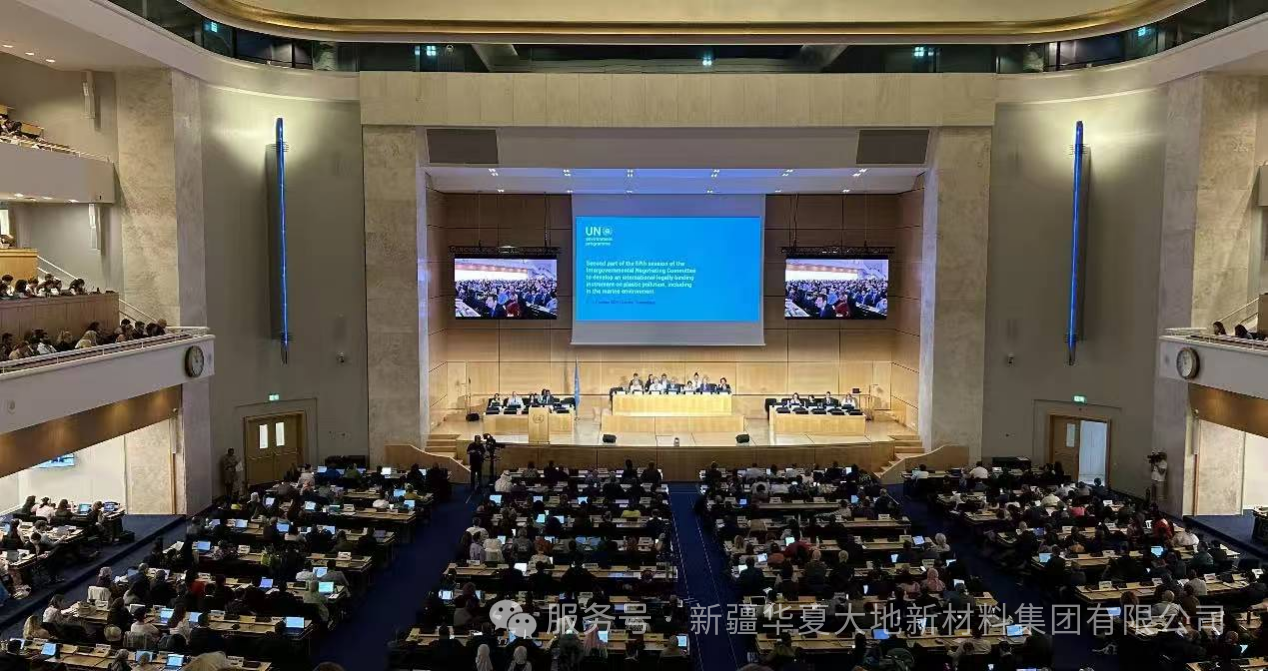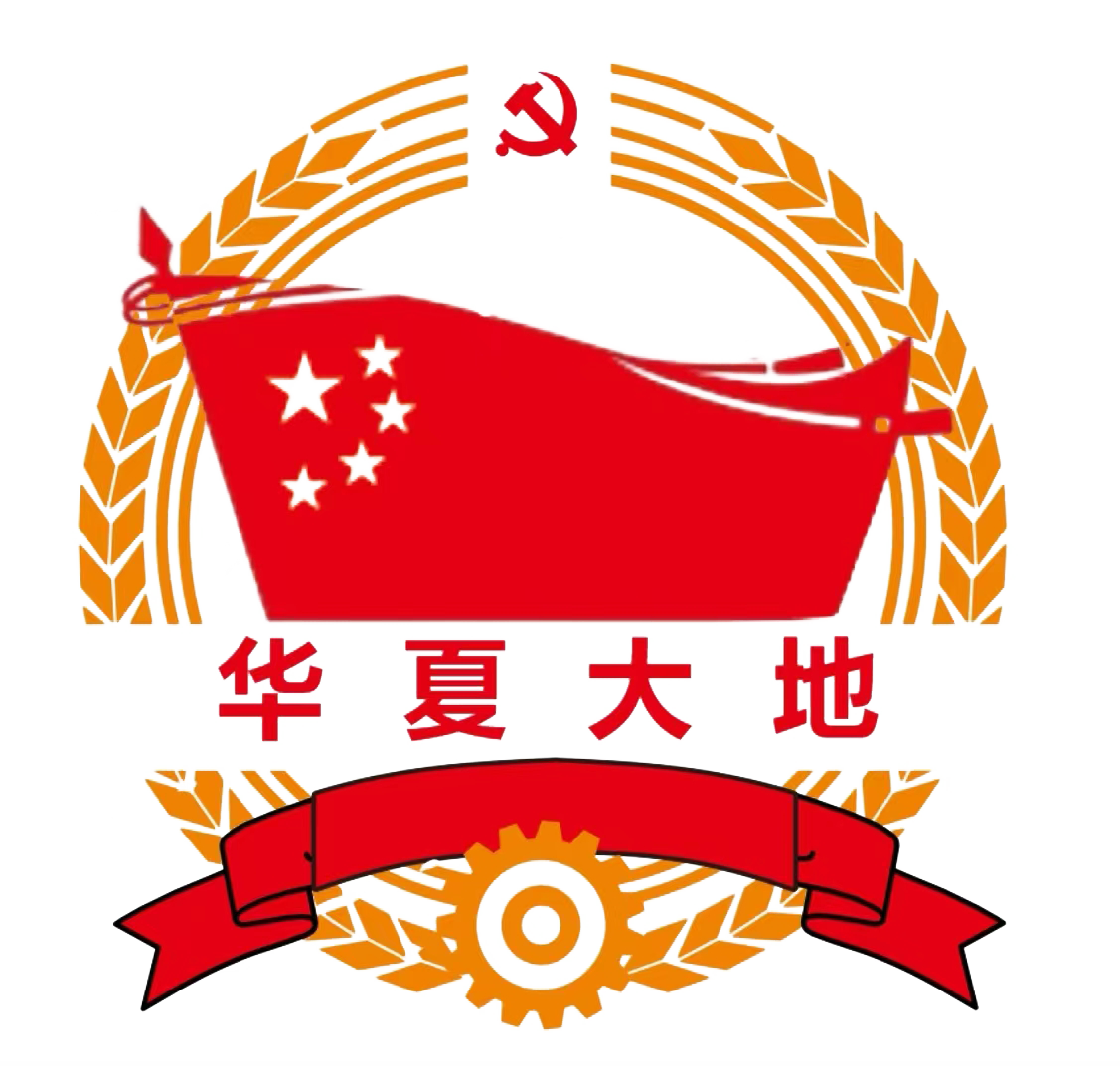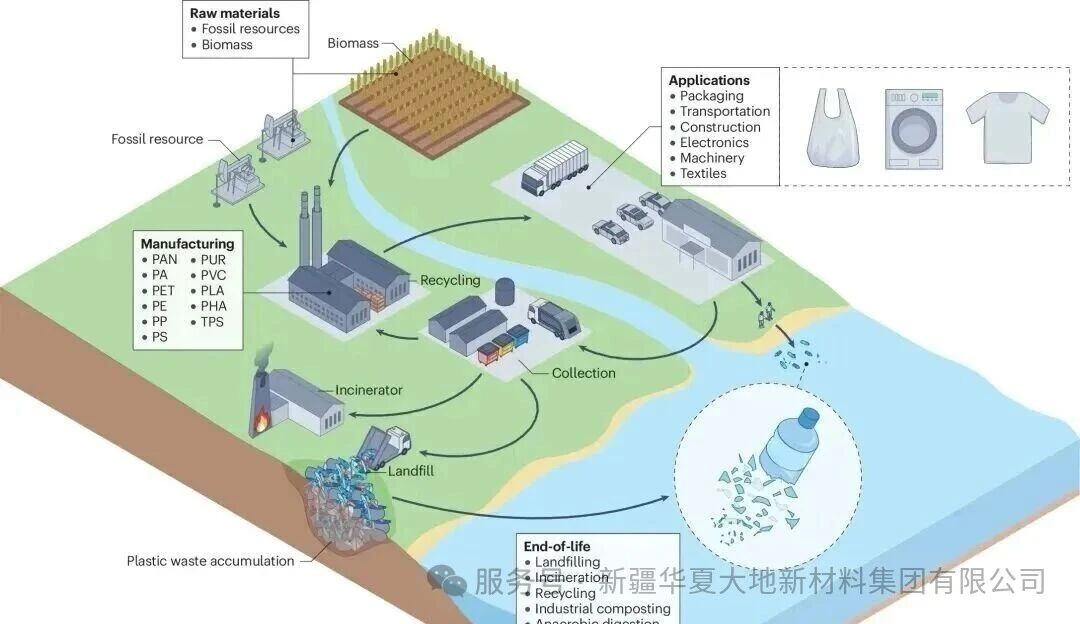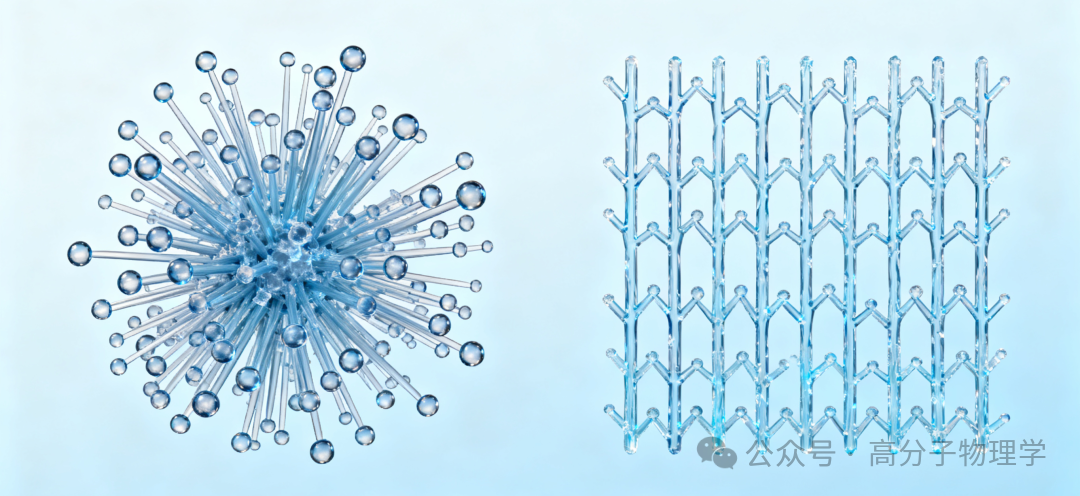
The picture is provided by the China Plastics Association.
On August 15th local time, the latest round of global plastic pollution governance negotiations concluded in Geneva, Switzerland.
In this negotiation, more than 2,600 representatives from 183 member countries and over 400 observer organizations attended. According to CCTV News, the Chinese delegation, composed of departments such as the Ministry of Ecology and Environment, the Ministry of Foreign Affairs, the National Development and Reform Commission, the Ministry of Industry and Information Technology, the Ministry of Finance, and the Ministry of Commerce, as well as other units, attended the meeting. The China Plastics Processing Industry Association (hereinafter referred to as "China Plastics Association") sent representatives to attend the meeting as a member of the Chinese delegation and introduced relevant situations and proposed professional opinions in the contact group focusing on key clauses such as "plastic products", "exemptions", "plastic product design", "supply/sustainable production", etc., helping to guide the negotiation towards a scientific and practical direction and providing information and professional technical support for the technical demonstration and content improvement of the relevant clauses.
The reporter from the Ministry of Ecology and Environment learned that China actively participated in the negotiations and consultations on all issues, proactively proposed bridging solutions for key issues, actively exerted its influence and guidance, and made efforts to bridge differences. This has received positive evaluations from all parties. China attended the ministerial roundtable meeting and shared China's experience and practices in plastic pollution control in areas such as source reduction of plastic use, collection, transportation, disposal and recycling of waste plastics, and cleaning up plastic waste in water bodies. It emphasized that plastic pollution is a complex and urgent global environmental challenge, and called on all parties to act in a spirit of mutual respect and unity and cooperation, with a rational and pragmatic attitude, and uphold multilateralism, in an effort to explore feasible and gradual effective ways to promote global plastic pollution control. During the meeting, China held bilateral talks with many countries.
It is reported that at the end of last year, representatives from 170 countries held a one-week conference in Busan, South Korea, to discuss the adoption of binding measures to control global plastic pollution. However, in the end, the fifth round of negotiations of the United Nations Plastic Convention failed to reach any agreement. The Busan conference was originally the final round of negotiations, but due to the failure to reach an agreement, the second phase of this year's fifth round of negotiations was held.
During the negotiations, the United Nations Environment Programme stated that the negotiating committee had agreed to reschedule the negotiations at a later date. It also emphasized that the meeting "was adjourned in the context of member states clearly expressing their willingness to continue the process, while acknowledging the significant differences in viewpoints among countries."
Industry insiders point out that the systemic and cross-border nature of plastic pollution determines that the negotiations will inevitably be a long-term "marathon": its scope covers the entire chain from production to consumption, recycling, and disposal; and its content is deeply intertwined with climate change, biodiversity conservation, and green transformation.
Wang Zhanjie, the president of the China Plastics Association, told reporters that the association will continue to actively participate in international cooperation on plastic pollution governance, contributing the wisdom and strength of the Chinese industry to promoting the formulation of a scientific, fair, practical and effective international legal document. The Chinese plastic processing industry has been striving for green design for many years and has cooperated with relevant departments to carry out the full-chain management of waste disposal. It has made significant progress in green sustainable development work in areas such as reduction, single-materialization, resource utilization, recyclability, easy recyclability and degradability, and has been at the international leading level.
Wang Zhanjie stated that in the next steps, the China Plastics Association will continue to promote related work on the green and sustainable development of the industry, advocate the green design concept for products, improve the efficiency of waste disposal and recycling, promote the high-quality and high-value application of recycled plastics, and make new and greater contributions to the construction of the circular economy system, the realization of the dual carbon goals, and the improvement of people's living standards.








